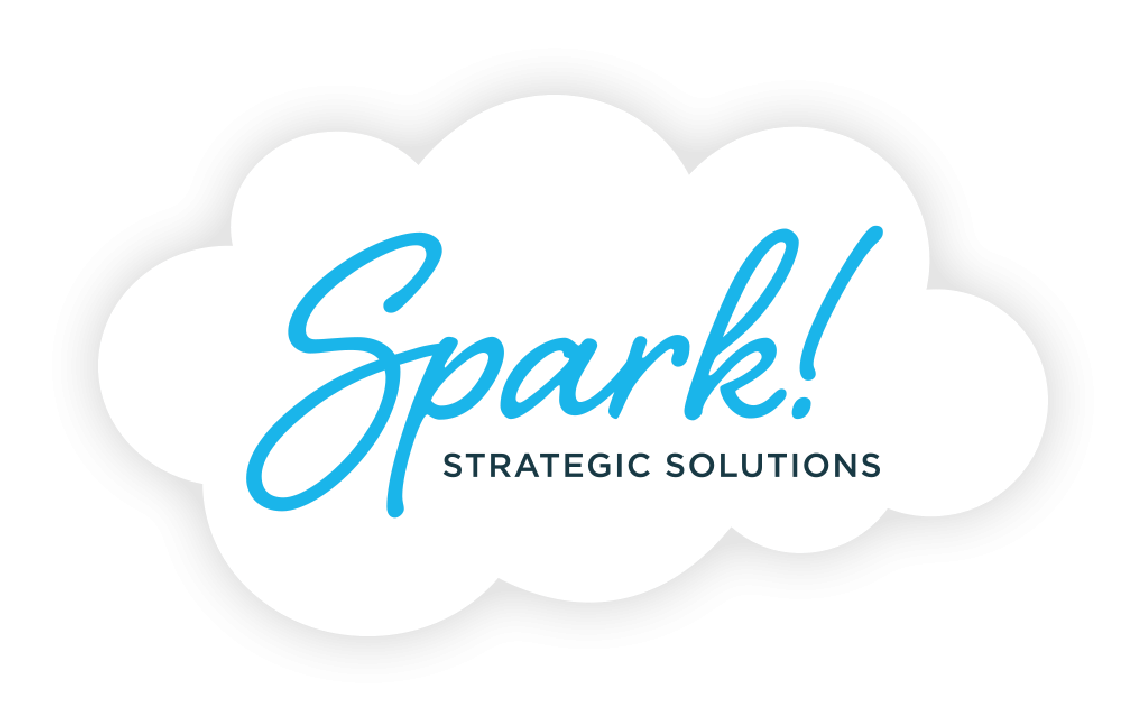
There’s been a lot of discussion about work-life balance lately. Whether it’s “quiet quitting,” employee wellbeing, or remote/hybrid work models, figuring out how to balance our professional and personal lives is challenging. Especially after 2020 and the rise of remote work, the line between work and life has been blurred and many of us are trying to find it again.
Figuring out balance for ourselves is difficult enough, not to mention balancing our own lives with those of our team members. But does “balance” even mean the same thing to different people?
Ask anyone what their ideal work-life balance is, I bet you get as many different answers as people. Human-Centered YOUnity™ emphasizes the importance of personal story and our unique perspectives. Every individual’s story informs their behavior, and influences their idea of perfect work-life balance.
Let’s think about it in terms of Gallup’s StrengthsFinder assessment. The assessment includes 34 character traits/talents that can be developed into an individual’s unique strengths. Some may excel at being an “achiever” and working long hours, while others may enjoy being a “relator” and fostering genuine connections with colleagues.
In the same way, every person has a different idea of how much work and how much life is right for them.
The first step to finding your ideal work-life balance is to figure out what it means for you. How much time and energy do you have to commit to work on a daily basis? How much time do you want to spend away from work? What are your work-life boundaries?
“Origins: The Power of Personal Story” is our unique training where participants work to reclaim their story, and find out what makes them who they are. Identifying what works best for you is the easiest way to be able to advocate for yourself, and receive what you need as an individual.
Whether asking yourself or others what works best for them, listening is critical. Taking that first step—and listening—puts you well on your way to success.
Empty space, drag to resize



